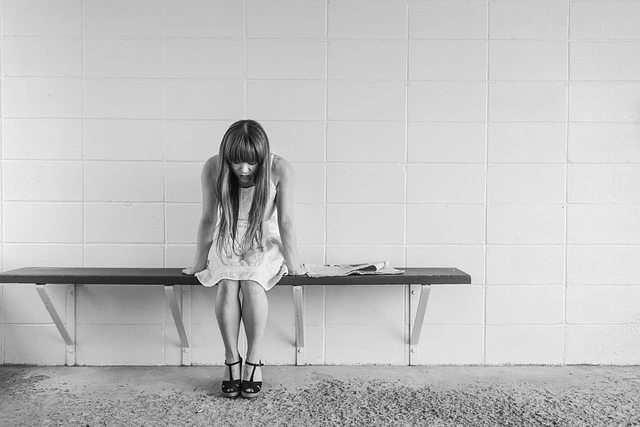Depression is one of the most common mental health disorders, affecting millions of people worldwide. Despite its prevalence, many individuals fail to recognize its symptoms early, leading to worsening conditions over time. Understanding the signs of depression can help individuals seek timely treatment and support, improving their overall well-being. In this article, we will explore the key indicators of depression, compare findings from Search Engine Results Pages (SERP) analysis, and provide insights to ensure this content ranks well on Google.
What is Depression?
Depression, or major depressive disorder (MDD), is a mood disorder characterized by persistent feelings of sadness, hopelessness, and a lack of interest in daily activities. Unlike temporary mood fluctuations, depression can last for weeks, months, or even years, severely impacting an individual’s personal and professional life.
Common Signs of Depression
1. Persistent Sadness and Hopelessness
One of the hallmark signs of depression is an overwhelming sense of sadness, emptiness, or hopelessness that lasts for most of the day, nearly every day. Unlike occasional feelings of sadness, this emotion does not go away and may worsen over time.
2. Loss of Interest in Activities
Depression often strips individuals of the pleasure they once found in hobbies, social interactions, and other enjoyable activities. This symptom, known as anhedonia, is a major red flag and can lead to isolation and further emotional distress.
3. Fatigue and Low Energy
People experiencing depression commonly report persistent fatigue, making even simple tasks feel exhausting. This chronic tiredness is often accompanied by a lack of motivation to engage in daily activities.
4. Changes in Sleep Patterns
Depression can disrupt normal sleep patterns in various ways. Some individuals struggle with insomnia, finding it difficult to fall or stay asleep, while others experience hypersomnia, sleeping excessively yet still feeling tired.
5. Appetite and Weight Changes
Depression can lead to significant changes in appetite, resulting in noticeable weight gain or loss. Some individuals may lose interest in eating, while others turn to food for comfort, leading to overeating.
6. Difficulty Concentrating and Making Decisions
A lack of focus and trouble making even simple decisions is another common symptom. Many individuals with depression struggle with memory problems and cognitive fog, affecting their productivity and daily functioning.
7. Feelings of Guilt and Worthlessness
Depression often brings on excessive guilt and feelings of worthlessness. Individuals may blame themselves for past mistakes or feel that they are a burden to others, exacerbating their condition.
8. Irritability and Mood Swings
While sadness is a primary symptom, depression can also manifest as irritability, especially in men. Small frustrations can lead to disproportionate anger or emotional outbursts.
9. Physical Symptoms Without a Clear Cause
Depression is not just a mental health condition; it also affects physical well-being. Many individuals experience headaches, muscle pain, digestive problems, or chronic discomfort without a clear medical explanation.
10. Suicidal Thoughts and Self-Harm
In severe cases, depression can lead to thoughts of death, self-harm, or suicide. If someone exhibits these symptoms, immediate intervention is crucial. Helplines and mental health professionals are available to offer support.









